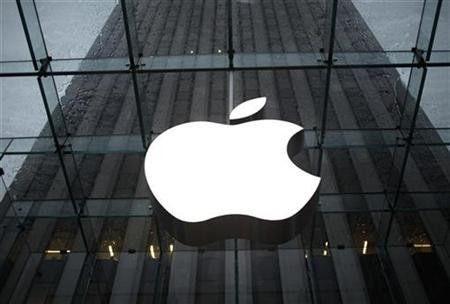Asia, Europe Target Apple Over Tracking Controversy

With the fallout over the iPhone's location tracking data increasing in recent days, concern has spread to the governments of Europe and Asia, which have begun investigating concerns raised by their citizens.
The Korea Communications Commission is the latest government entity probing into the case. Topping the commission's agenda is determining whether or not that the data saved by the iPhone and iPad violates Korean privacy laws. Many of the commission's questions echo those shared by iPhone users themselves: How frequently do the devices record the data? Why isn't the information encrypted?
Apple, has been silent on the answers to these questions, even as outcry over the news has spread. Last week, U.S. Senator Al Franken (D-Minn.) and Rep. Ed Markey (D-Mass.) also wrote to Apple asking questions about the nature of the tracking. The House Energy and Commerce Committee has done the same.
The governments of number European countries, where privacy laws tend to be stricter, have also sent their questions to Apple. The Bavarian Agency for the Supervision of Data Protection, housed in Germany, noted in an interview with The New York Times that it had contacted Apple about the location information that iPhones send. Thomas Kraign, the agency's director, speculated that if Apple was collecting the information, the company might well be violating German law.
In France, much of the concern involved whether Apple at any point transferred the data to any of its partners. In the first case, it is a matter of simply not obtaining the consent of the consumer for the data to be collected. In the second case, if the information is marketed without the knowledge of the consumer, it is much more serious, said Yann Padova, the secretary general of France's data protection agency.
France and Germany are joined by Italy's data protection agency, which said it had opened an investigation into the matter.
The controversy over tracking started when two researchers for O'Reilly Radar, a publisher of software books, found that the iPhones were storing the location data from local Wi-Fi hotspots and cell towers. That data doesn't say exactly where a person is, but it can provide a map of approximate movements. The issue is that the data was put in an unencrypted file that was backed up to a users' PC. It was also not periodically deleted or overwritten, so the location records went back up to a year.
Android phones have a similar functionality, though the records there are deleted after 50 locations are entered.
Apple said last year, in a letter to Congress, that it was collecting the information to provide location-based services more efficiently as using the GPS tends to be more power-intensive and doesn't work well in some areas.
The company may still come under some fire, however, as a recent report from The Wall Street Journal noted that even with the location-based services turned off the phone still records the location data.
© Copyright IBTimes 2024. All rights reserved.





















